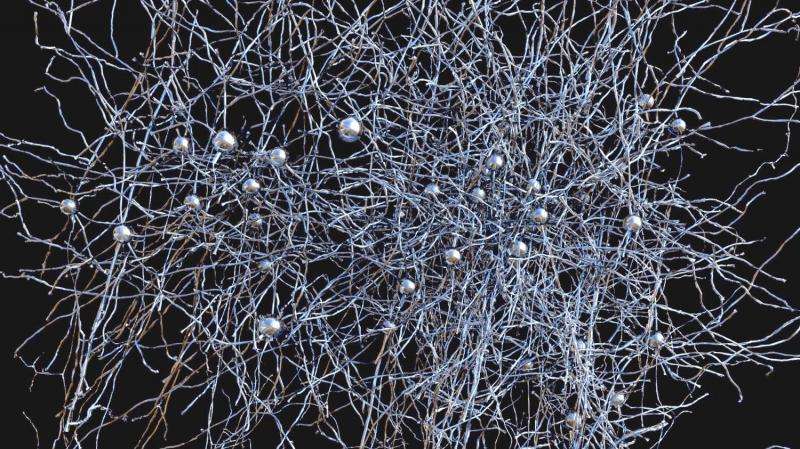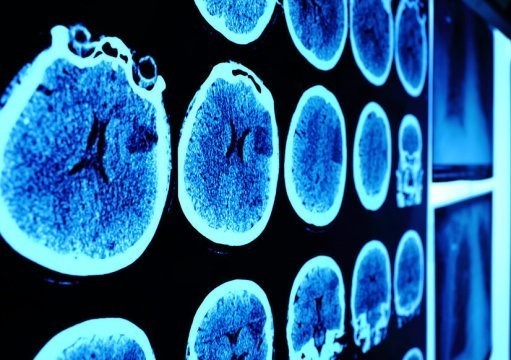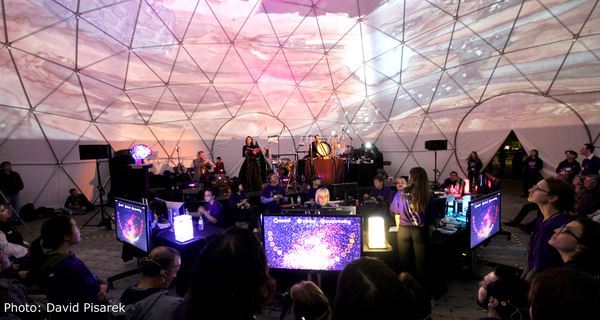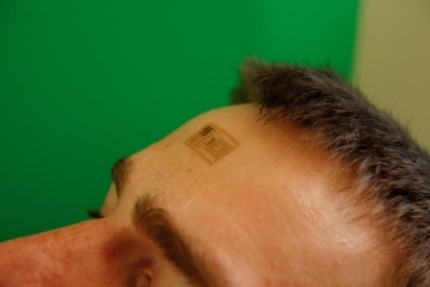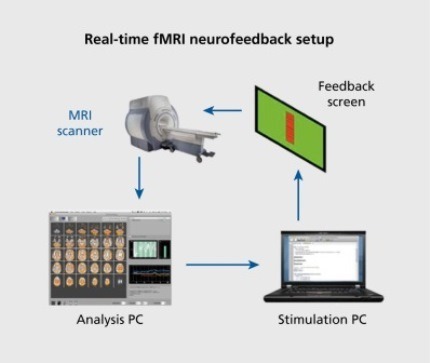Posts Tagged ‘brain-activity’
Landmark study on neural circuits shows that “cells that fire together wire together,” refining the popular “Use it or lose it”
Research on largest network of cortical neurons to date profiled (Medical Xpress): “Even the simplest networks of neurons in the brain are composed of millions of connections, and examining these vast networks is critical to understanding how the brain works. An international team of researchers
Read MoreStudy: Neuroscientists pinpoint the brain and performance impact of a (perceived) judgmental audience
Why your brain makes you slip up when anxious (Science Daily): “As musicians, figure skaters and anyone who takes a driving test will know, the anxiety of being watched can have a disastrous effect on your performance… In the new study, published in Scientific Reports, participants’ brain activity was monitored while
Read MoreUpdate: Neuroscience 2.0 — Taking the brain lab to the people
. Time for SharpBrains’ July e‑newsletter, wrapping up this month’s key brain-related news and insights. First of all, a reminder to Save the Date for 2015 SharpBrains Virtual Summit (November 17–19th), where leading experts will discuss Monitoring & Enhancing Brain Health in the Pervasive Neurotechnology Era (to register with 10% discount, use this code: sharp2015). New tools: Neuroscience 2.0:…
Read MoreNeuroscience 2.0: Taking the lab to the people by gathering collective EEG brain data
. ‘Wearable for the mind’ launches new era of brain research (Electronic Products & Technology): “Neuroscientists in Toronto have shown that crowdsourcing brain research to hundreds of participants in a short period of time could be a new frontier in neuroscience and lead to new insights about the brain
Read MoreNext: EEG systems getting ready to integrate brain activity monitoring into daily living
. Digital tattoo lets you control devices with mind power alone (New Scientist): “WHAT’S on your mind? For £79, anyone can buy a headset that reads the electrical activity of their brain. It’s called an electroencephalogram, or EEG, and you can use it to control devices with the power of your mind. But there’s a…
Read MoreStudy: Harnessing fMRI neurofeedback to enhance attention and cognitive potential
. Real-time brain feedback reduces attention lapses (News at Princeton): “In an article published online Monday by the journal Nature Neuroscience, researchers at Princeton University describe a study that shows training people using real-time feedback from their own brain activity can reduce the frequency of attention lapses and improve their ability to sustain attention.
Read More
